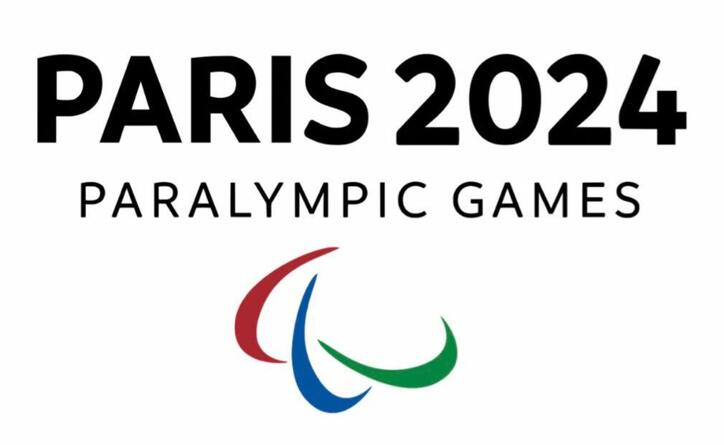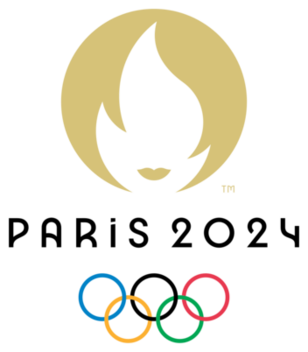
From Classroom to Podium: How French Paralympians Excel in Both Sports and Academia
Participating in parasports while studying in France is not only possible, but many French Paralympic athletes are living proof of this. It is entirely feasible to combine studies with a high-level sports career, including within the framework of parasports.
According to an article by AEF Info, 20% of the members of the French delegation to the Paralympic Games, which amounts to 52 athletes, are currently students. Moreover, 35% of the Paris 2024 Paralympians have already pursued higher education, bringing the total to 55% of athletes who have or have had an academic career.
The most popular academic disciplines for these athletes are economics, management, business, and sales (24.4%). These include diplomas like BTS and DUT (equivalent to HNDs) in business management, commercial unit management, or business sales for two-year degrees. For five-year degrees, it's more about master's or MBA programmes in management, marketing, and business administration.
Next are the sciences and engineering (22.5%). Indeed, there are numerous engineering courses, as well as diplomas and degrees in a variety of subjects such as electrical engineering, computer programming, or biology. Morgen Caillaud, an athlete in para-table tennis, is currently studying for an engineering degree in computer science and embedded intelligent systems at Polytech Tours.
Sports-related courses, particularly sports science degrees, account for 18.3% of the courses followed by Paralympians. At master's level, the specialisations vary, from optimising athletic performance to physical education.
Institutions such as Grenoble Alpes University, the University of Bordeaux, Paris Cité University, and Institut de formation en masso-kinésithérapie (IFMK) Limoges stand out, with several current or former students among their athletes.
Student-athletes benefit from many adjustments tailored to their situation, combining the provisions for elite athletes with those for people with disabilities. These adjustments can include extending the duration of studies, online classes, attendance exemptions, as well as personalised support during their training.
In terms of academic levels, athletes enrolled in five-year degree programmes are the most numerous, representing 47% of the Paralympic selection. A master's degree is the most common, with 20 alumni and 5 current students. Among them is Gaëlle Edon, a para-shooting athlete, who obtained a master's in criminal law and forensic sciences at Toulouse Capitole University after completing a law degree at Grenoble Alpes University. She is currently pursuing a degree in forensic science at Montpellier University. Renaud Clerc, who competes in para-athletics, recently joined Sciences Po Paris after completing a public law degree at INU Champollion.
State-recognised paramedical diplomas, particularly for physiotherapy, are well-represented, with 12 alumni and 10 students. Among them is Alexandre Lloveras, a bronze medallist in para-cycling, who is studying at IFMK in Lyon. There are also athletes who have completed medical studies, including Maxime Valet (bronze medallist in wheelchair fencing) and Marie Patouillet (gold and silver medallist in para-cycling).
Here are a few examples of students and alumni who won at least 1 medal during the games:
Students:
- Ugo Didier, para-swimming, 22 years old, studying at INSA Toulouse: 1 gold and 2 silver medals
- Heïdi Gaugain, para-cycling, 19 years old, studying for a bachelor's in business management: 3 silver medals
- Alex Portal, para-swimming, 22 years old, studying at the engineering school ESILV: 3 silver and 1 bronze medals
- Flora Vautier, para-table tennis, 19 years old, studying sports science at Nîmes University: 1 bronze medal
Alumni:
- Laurent Chardard, para-swimming, University of Bordeaux: 2 bronze medals
- Florian Jouanny, para-cycling, Grenoble Alpes University: 1 bronze medal








